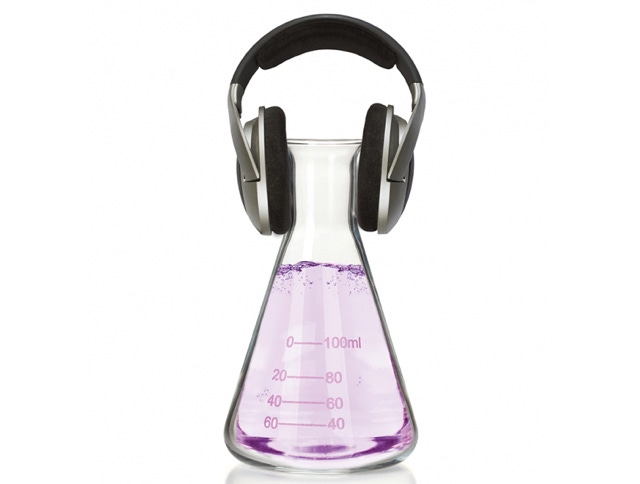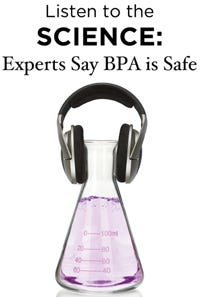Listen to the science on BPA, ACC urges consumers
The American Chemistry Council (ACC; Washington, D.C.) is launching a communications and advertising campaign to amplify recent conclusions from FDA and the European Food Safety Authority (EFSA) stating that BPA is safe as currently used in food-contact materials and other consumer products. The ACC's Polycarbonate/BPA Global Group has commissioned ads urging consumers to, "Listen to the Science: Experts Say BPA Is Safe." The ads will appear in USA Today, the Wall Street Journal and on a number of consumer, news and health-focused websites.
February 25, 2015

The American Chemistry Council (ACC; Washington, D.C.) is launching a communications and advertising campaign to amplify recent conclusions from FDA and the European Food Safety Authority (EFSA) stating that BPA is safe as currently used in food-contact materials and other consumer products. The ACC's Polycarbonate/BPA Global Group has commissioned ads urging consumers to, "Listen to the Science: Experts Say BPA Is Safe." The ads will appear in USA Today, the Wall Street Journal and on a number of consumer, news and health-focused websites.
 In their comprehensive re-evaluation of BPA exposure and toxicity, notes the ACC in a news release, EFSA's scientific experts recently concluded that "BPA poses no health risk to consumers of any age group (including unborn children, infants and adolescents) at current exposure levels."
In their comprehensive re-evaluation of BPA exposure and toxicity, notes the ACC in a news release, EFSA's scientific experts recently concluded that "BPA poses no health risk to consumers of any age group (including unborn children, infants and adolescents) at current exposure levels."
The findings from EFSA are similar to recent statements from FDA. The FDA responded recently to the question, "Is BPA safe?" with one unambiguous word: "Yes." Supporting this clear conclusion is one of the largest studies ever conducted on BPA, which was published by FDA researchers in 2014. One of the lead FDA researchers commented that the results of this comprehensive subchronic toxicity study "both support and extend the conclusion from FDA that BPA is safe as currently used."
BPA is a synthetic estrogen used to produce polycarbonate (PC) polymers and epoxy resins. The chemical has faced controversy due to studies linking BPA to an array of adverse health effects, including cancer, obesity, abnormal brain development and reproductive problems. While the results of these studies, which often extrapolate the amount of BPA that humans may be exposed to over a lifetime, have been questioned, public perception of the potential perils of BPA has not swayed.
"People are not making the right decisions because consumers are being led down a path that is based on emotion rather than sound science," Sam Stewart of Bayer MaterialScience told PlasticsToday in an article devoted to the media war over BPA. With its ad campaign, the ACA is hoping to bring back scientific discourse into what has become a largely emotional debate.
About the Author(s)
You May Also Like



